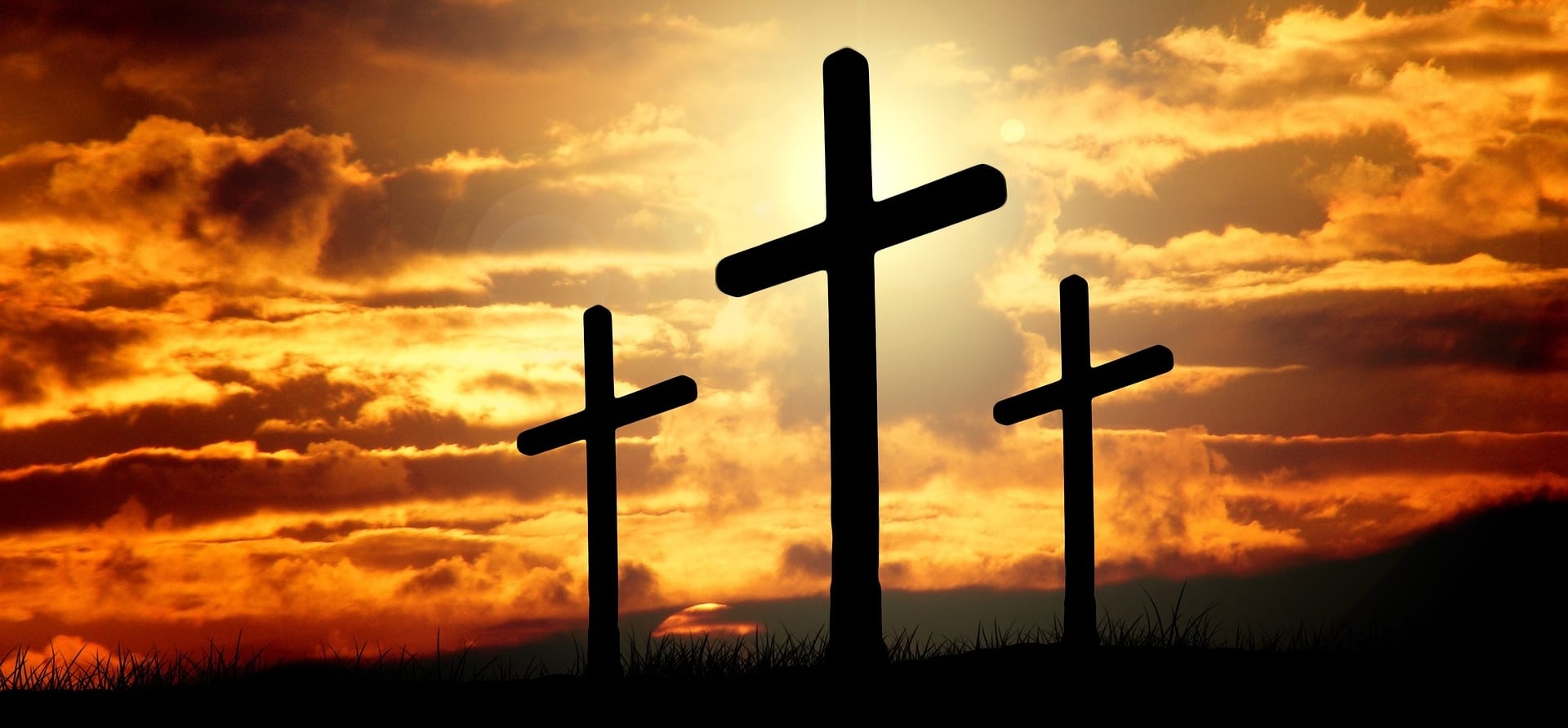The Lord is with us now
Dr. Bill Oliverio
“It was now about noon, and darkness came over the whole land until three in the afternoon, for the sun stopped shining. And the curtain of the temple was torn in two. Jesus called out with a loud voice, ‘Father, into your hands I commit my spirit.’ When he had said this, he breathed his last.”
Luke 23:44-46
In his book Night, the Jewish philosopher Elie Wiesel wrote of the moment when he lost faith in God. He was a younger teenage boy in the Buchenwald concentration camp. A small group of prisoners had attempted to smuggle weapons into the camp to start an uprising, and they had been caught. The guards were hanging the smugglers in front of several thousand of their fellow prisoners, and they did so in a way that was causing them extra pain as they were dying. Then the prisoners were forced to march right in front of the dying in a straight marching line to emphasize the Nazis’ sadistic point. As he marched, Wiesel was near a rabbi who was crying out for God’s presence amidst this. Wiesel saw a boy around his age hanging there who had been helping the smugglers. Then another man in line called out that God was there, hanging and dead. Wiesel lost faith, though he would both survive and later on regain that faith.
Several decades later, writing in the face of the continued evils and natural disasters humanity faces, the German theologian Jürgen Moltmann responded to this passage in Night in his book The Crucified God. The very point of the gospel is this, said Moltmann, God is actually with us hanging there, meeting humanity in the midst of the worst sufferings we face, the greatest injustices, the most intolerable pains, and the inconceivably disastrous.
Jesus of Nazareth, the Incarnation of the Second Person of the Trinity, truly God and also truly human, likely died in the flesh through painful suffocation as his broken body could no longer sustain a position where his airways would allow him to breathe.
One of the names of Jesus is Immanuel. It means “God with us.” The Lord is with us now. He is with us as we work to prevent the spread of this virus. He is with us as we look out for others and love our neighbors as ourselves in this time. He is with us as we look for our daily bread. He is with us as we deal with the anxieties, pains, and the loss that we see around us.
Real Christianity is embodied, which means that Christian faith holds that the flesh is a good creation of God, even though we are fallen and sinful. The Incarnation and the presence of the Spirit in our midst affirms the goodness of human bodies. In the first centuries of Christianity, the Church started hospitals amidst plagues and banned the heresy of Gnosticism, which claimed that only spirit mattered and that secret spiritual knowledge was the key to salvation – a heresy which lingers strong today.
Rather, we resonate with the Apostle Paul as we labor in our bodies and show love to one another through the simplest acts, which today may mean not carrying a virus to others or prioritizing or our own needs above them. We can do so with confidence since, with him, we can say:
“…in all these things we are more than conquerors through him who loved us. For I am convinced that neither death nor life, neither angels nor demons, neither the present nor the future, nor any powers, neither height nor depth, nor anything else in all creation, will be able to separate us from the love of God that is in Christ Jesus our Lord.”
Romans 8:37-39






